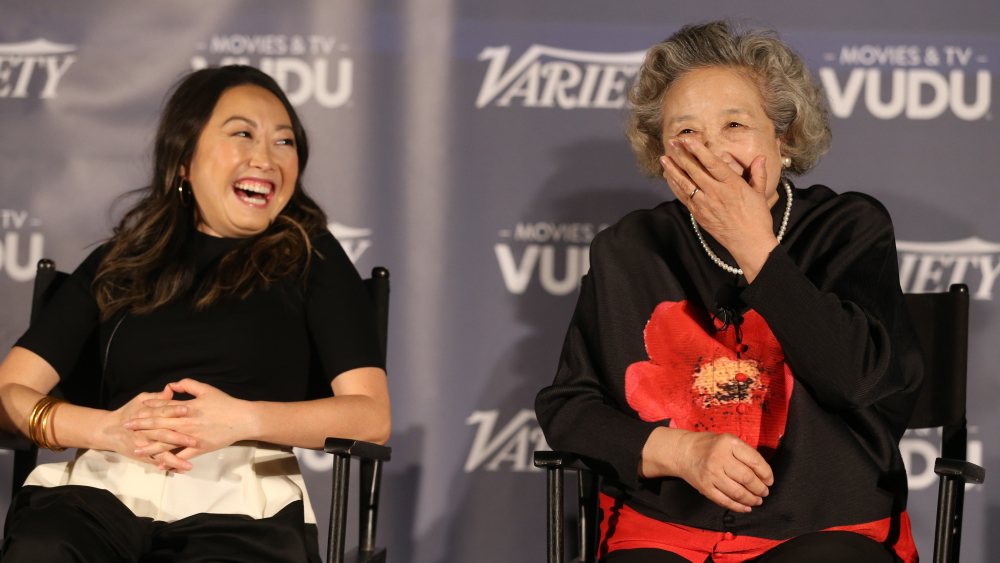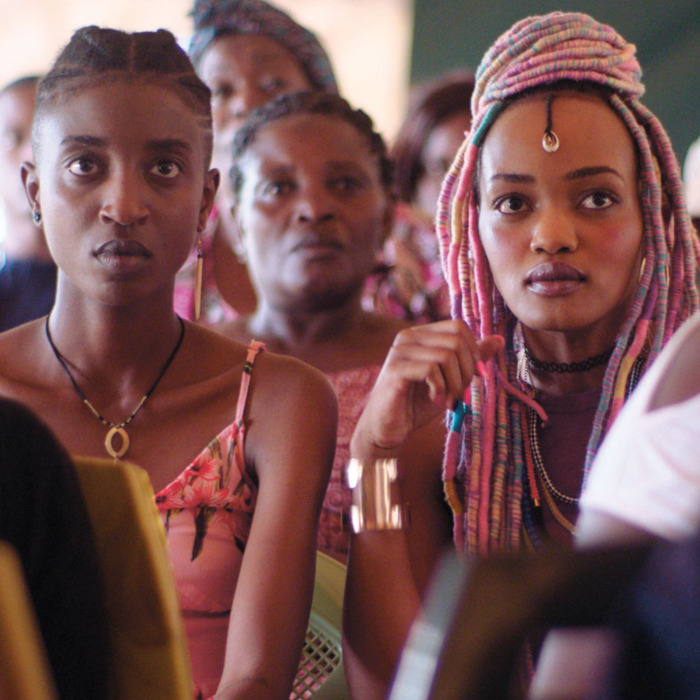Looking back at 2019 Filmmaker Interviews
 Tuesday, December 24, 2019 at 9:00PM
Tuesday, December 24, 2019 at 9:00PM
2019 gave me the chance to speak to a few filmmakers about their films, their process, what they think their art contributes to the world. These filmmakers came from all over the world, and the breadth of their experiences and the topics they tackled is astounding. As the year comes to an end and we look back at the moments that stood out, here are some of the most fascinating insights I heard.

Recently The Farewell was not allowed to compete in the main film categories at the Golden Globes, and accepted only as a “foreign” film when its story is quintessentially American. After all the United States is a country of immigrants. Some people’s insistance on calling The Farewell foreign when it's so American just indicates that they don't think anyone whose 1st language isn't English is American enough despite their contributions to this country. When I talked to Lulu Wang during the summer, I asked her if she thinks her film being not entirely in English might limit its appeal...



